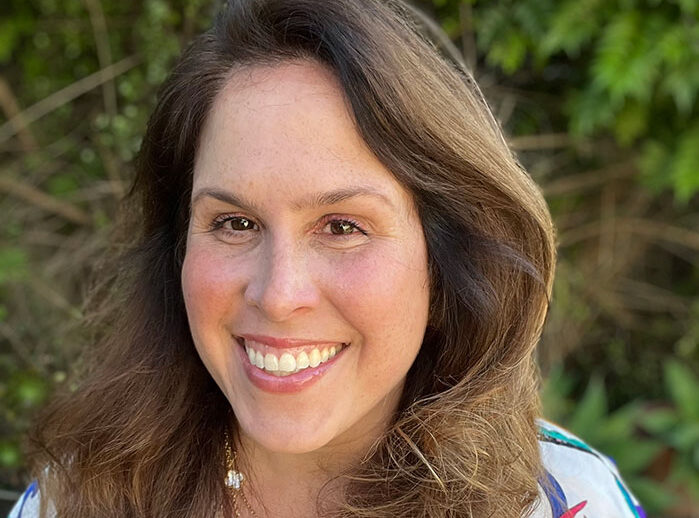 Molly Fink
Molly Fink When Molly Fink was born, she was deaf. Her mother, who led a healthy lifestyle and didn’t eat sugar or take medication during her pregnancy, got a viral infection in her third trimester. This led to the cilia in Fink’s ears never forming.
However, it would take doctors a while to determine that Fink couldn’t hear. Her mother gave birth in Israel in the early 1980s, and when they moved to Missouri, Fink was diagnosed as deaf at two years of age.
“My parents were told to put me in a home for children,” Fink said. “As I was born with a 93% hearing loss, I was going to be deaf and dumb.”
Though her parents were being pressured to put her into a home, a nurse at the hospital gave them a phone number for Sister Arlene, a nun who was deaf in one ear and had a teaching degree.
“She looked exactly like the fairy godmother from ‘Cinderella,’” Fink said. “I remember when I told my parents the comparison, they just laughed and wholeheartedly agreed.”
Sister Arlene spent hours with Fink every day; her patience seemed to be never-ending.
“I would do the same thing over and repeatedly and each time with the same enthusiasm and joy she would delightfully clap her hands and say ‘Oh, Molly!’” Fink said. “She taught me how to develop my own system of hearing and understanding. She stood behind me and as I got older at further and further distances and would speak.”
Along with Sister Arlene, Fink’s mother’s friend, Bonnie Hyatt, a speech pathologist, and her tutor Rosaline Sonnenwirth, who was with her from fourth grade until she went to college, Fink became confident in her speech, language and hearing skills.
“[Sonnenwirth] demanded excellence at all times, and while I had women cheering me on in my ability to speak and hear, she championed me in the world of excellence and intelligence,” she said. “She demanded the best and truly believed in the vision that I would fully acclimate into regular society with no one being the wiser that I was hard of hearing.”
Looking back on her time as a child and teenager in Missouri, Fink sees that there were a number of blessings, as well as challenges she had to overcome.
“I can recall each person, each teacher who believed in me because so many people didn’t and made sure that I knew they didn’t believe in me,” she said. “I had a lot of teachers, adults and my friends’ parents openly tell me that I sounded funny, I was told I was not intelligent, and they were unsure as to why I tried so hard.”
Fink wouldn’t give up, though, at times, it was difficult to get by. Now, she sees that everything happened for a purpose. As an Orthodox Jew, she has faith that God has always had a plan for her.
“The saying goes something like God gives the cure before He brings the ailment,” she said. “As a child I believed that I was raised by and belonged to the smartest, funniest, best looking and most thoughtful family on earth. As an adult, I still think the world of my family. Perhaps not superhuman, but incredible people who I am unbelievably blessed to have in my life and to have had form my life and nurture me.”
Because she felt loved and supported, Fink grew up wanting to help others. She became a certified regressive hypnotherapist co-active life coach and today, the wife and mother practices in Los Angeles.
“I was burnt out from therapy,” she said. “I grew my company but didn’t feel fulfilled. A friend of mine suggested I try regressive hypnotherapy as I am always open to new modalities of healing. I went in for one session and knew I had found the missing link for my vision of how to heal people.”
With regressive hypnotherapy, combined with life coaching, clients do not stay long term. They can fully heal themselves and have their own toolkit from which to work.
“Professionally, I show people the origin of their coping mechanisms and help people realign with their true selves,” Fink said. “I use the current desires that a person has in their lives to help identify the underlying trauma that created the current way (coping mechanism) they interact with life.”
In her day-to-day work, Fink is helping patients heal, just like she did, and in her free time, she’s working on getting the late sister Arlene’s book published.
“She wrote a book where she vehemently defended her position that deaf children should be taught only oral speech and not ASL,” Fink said. “She felt that we as human beings strive to maintain homeostasis at all costs. We are wired to be lazy, especially when we’re younger. Children who are given ASL will never take the time to learn to speak and interact with the hearing world. She was unable to publish [it], but before she died, she gave me and my father a copy and asked that he get it published. My father passed away in 2019. I have redirected my focus as of recent to getting the book published.”
While Fink certainly experienced her ups and downs with deafness, she chooses to stay positive and fulfill her special mission God gave her.
She said, “In real screenshot moments, I see my life as incredibly joyous, and other moments [as] very painful. On the other side of real pain lies tremendous growth and freedom.”
Fink continued, “As I believe I am a microcosm of God, my face, my internal monologue and how I treat myself and other people is a direct reflection of God here on this earth. I am living that so that I can make this world a better place, in my own Molly Fink way.”








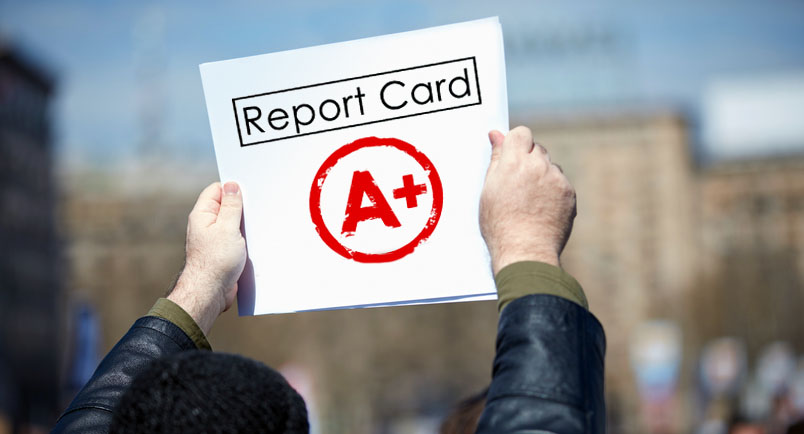

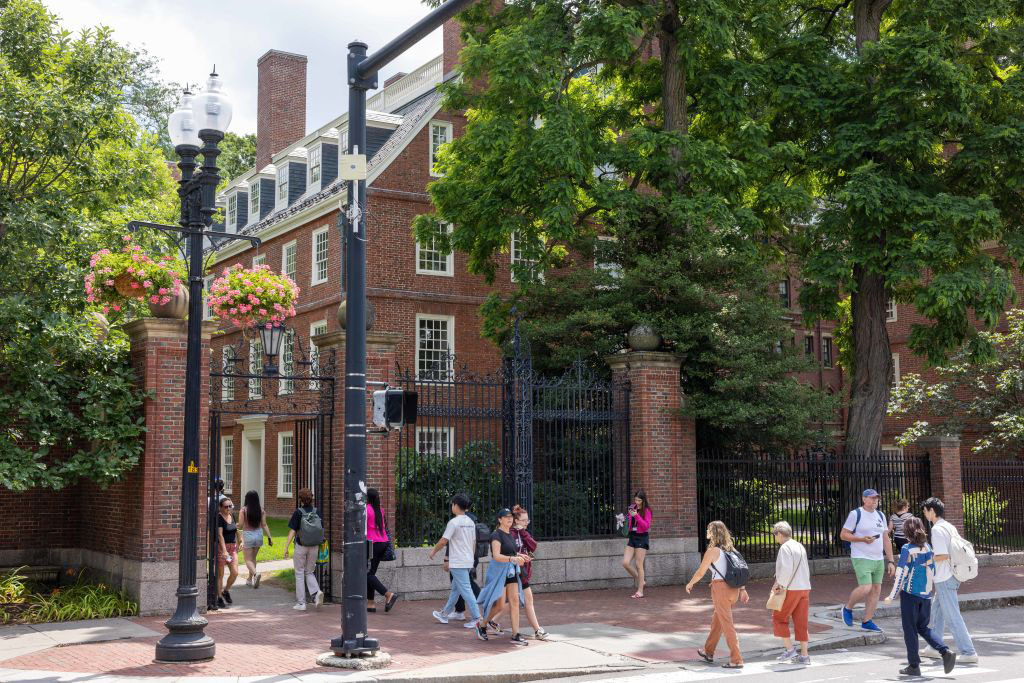
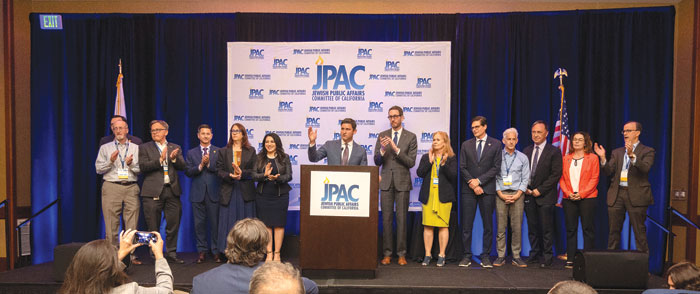




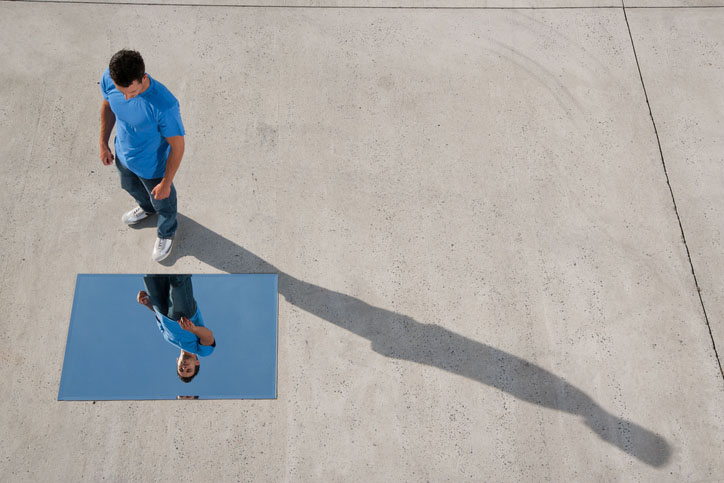





 More news and opinions than at a Shabbat dinner, right in your inbox.
More news and opinions than at a Shabbat dinner, right in your inbox.